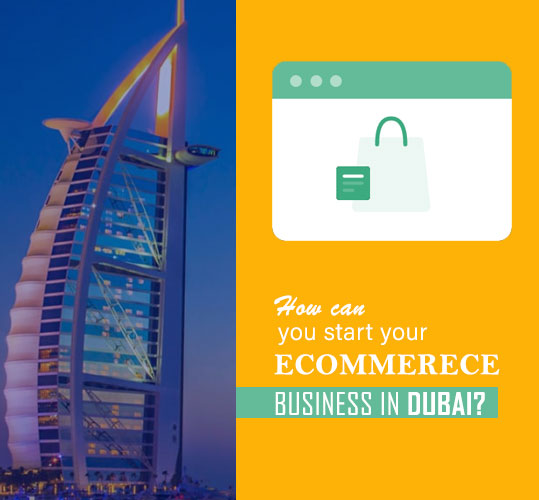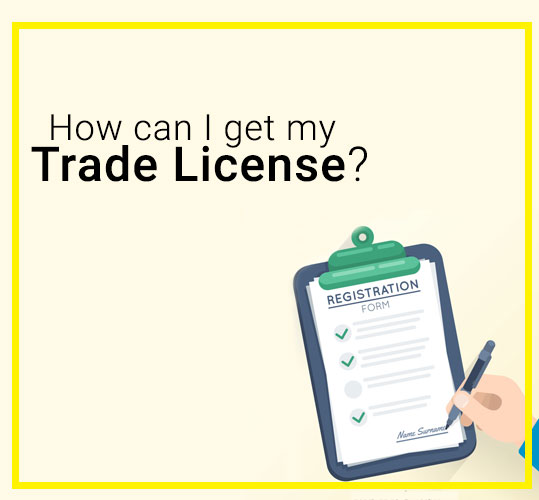For more than a decade now, ecommerce businesses are showing a rapid growth in every business niche across the globe. The revenue of the ecommerce market accounts for US$5,321m in 2020. With an annual growth rate of 16.2%, UAE is expected to hit USD 9700m of revenue by 2024.
When the increasing revenue ensures the growth of the ecommerce market, the B2C business model is widely deployed. The marketplace model is adapted by ecommerce giants like Souq (managed by Amazon), Awok, Jollychic, and several others. And, these registered marketplaces run on B2C as well as B2B business model. The hybrid of B2B and B2C is also deployed. However, B2C most frequently opts.
Let us tell you briefly about these business models:
- B2C model (Business-to-Consumer): The businesses based on the B2C model are known to sell products directly to the customer. In contrast to the physical store, you will be selling your products online. Customers will compare and analyze to place their orders. In such a case, the consumer can place an order in bulk quantity as well as for individual products. However, they may or may not be eligible for discounted rates, as it depends upon the business only.
- B2B model (Business-to-Business): If you are deploying the B2B business model, you will be dealing in bulk quantities only. Though the count of orders you will receive in the B2B model will be limited, your store’s net sales will be high. This will add more loyal customers to your business, as businesses will have recurring needs for the products.
- Hybrid Model: The hybrid model is the combination of B2B and B2C business models. It allows you to sell directly to the customers as well as to the registered businesses. The B2B customers can place bulk orders at discounted rates, and B2C will increase the count of orders that you will be getting.
How can you start your ecommerce business in Dubai?

When the trend of ecommerce started, numerous companies and individuals took the plunge on selling online. Along with ecommerce websites, people are using social media channels, namely Facebook, Instagram, and Whatapp, to sell their products. This leads to an increase in competition as well as online frauds. To keep control of online frauds, the Department of Economic Development (DED) in Dubai placed limitations on online business conduction without the trade license.
If you want to start an ecommerce business in Dubai, you need to get a trade license for your business. Without a trade license, you can’t sell in UAE or to any other country, even via your social handles. Such an approach of registration is somewhere in favor of customers, as it lets the authentic businesses market their products.
How can I get my trade license?

Whether you like to target consumers or businesses, you will require a trade license to manage your ecommerce business in Dubai. Like India, you can not launch your business just like that. It would help if you connected with the Department of Economic Development (DED) to get an ecommerce license in Dubai:
- Legal registration of your business: When you are planning to establish a business, you need to think about the legal structure of your company. You can start as a sole proprietor, partnership firm, LLC, Pvt. Ltd., or public based. LLC and branch offices are often used in business structures.
- Selection of location: We are not talking about the selection of the location of your physical office, but, the zone in which your business will be located. Dubai has two zones, namely, the free zone and the mainland. If you are opening your business in the free zone, you will have 100% ownership of your store. However, if you are planning to open your store in the mainland, you have to look for the local citizen of that region who will be 51% shareholder of your business, rest will be your share.
- Trademark registration: If you are not planning to open a physical office or store for your online business, you need to get your trade name registered. This will reduce legal complications and will ease the trademark certification for your business.
- Application for license: For businesses set up in a free zone, there are not any restrictions from DED. However, if you have a physical office in the mainland, you have to pay AED 10,000 to DED to issue the license on the name of your business.
- Get an initial approval certificate: Before you start the registration process of your ecommerce business in Dubai, you can ask the government for an initial approval certificate. It will be valid for six months and can’t be renewed. In the meantime, you can complete all the proceedings to get your trade name approved and trade certificate issues for the conduction of business.
- Draft MoA and service agreement: Depending on the nature of business and type of association for mainland business, you have to draft a Memorandum of Association for our business mentioning the percentage of ownership. If you are registering a business in the free zone, you can skip this step.
- Verification: Before offering a trade certificate, the DED team will check the physical presence of your business. Once the registration process completes, you will get your business license within 1-7 days. You can check with the status of your application.
- Import/export: When you are selling within national boundaries, you need not worry about import/export verifications. You will be liable to pay 5% of customs duty if and only if you will be selling products/services in the mainland; for free zone business, it’s free.
- Open a corporate bank account: As soon as you get your trade license, you can connect with a bank to set up a corporate bank account. This will make it easier for you to keep track of all the business-related transactions.
Third-Party Selling with Best Ecommerce Sites
Those of you who don’t want to build your ecommerce store and still like to sell products in Dubai can register themselves on third-party seller marketplaces. When you are selling via these marketplaces, you can not set up your policies and seller norms; you have to follow the marketplace rules. Also, you will be charged certain commission fees for every order that you will receive. We are listing the top ecommerce sites on which you can register and sell for free.
● Souq’ now’ Amazon
Souq was established in 2005 in Dubai. In the Middle East region, it is one of the most reliable online marketplaces. It was owned and managed by Amazon by 2018, and now it is Amazon.ae. To start selling, you need to register yourself as a seller. You will mention the list of products to sell, verify the mail address, configure the account with trade license, ID, and bank account. Depending upon the product categories, you will be liable to pay 5%-20% of commission fees. With Amazon, you can sell across the globe without working about all the rules for custom charges.
● Awok
With the user-base of 1.17 million people, Awok is a privately owned business that allows merchandising of fashion, household, electric, and health and beauty products since 2013. With Awok selling programs, you can get the trade license, verify your email address, and configure your account to sell your products. Like Amazon, the commission percentage is 5%-20%.
● Jollychic
Jollychic is another renowned brand known for its premium services and servicing market since 2008. You can register your company with a trade license and other business details to sell your offerings for 15% commission charges.
● LetsTango
LetsTango allows you to sell across all the Arab states, except for Iraq. The product categories are the same, and you will be able to get the payment within the payment cycle of 14-days. The business registration procedure will be the same with LetsTango, and for sure, it’s free. They will be charging 10% of commission fees only. The reduced commission charges will give you more chances to optimize profit.
● Wadi
The UAE’s regional ecommerce sellers allow you to register your business for free and sell products in electronics, mobiles & tablets, fashion, beauty, home & kitchen categories. To start selling with them, you must have a minimum of 5 products to list after completing your registration. They have the norms to decide commission fees with the mutual agreement of two parties, thus maximizing the business’s profit share.
The sooner you decide for the ecommerce business model, the easier will be the filing of an application for a trade license. In the meantime, you can register yourself with Builderfly and create your store on your own. When you get a license ready, you can configure all business details and make your store live.







